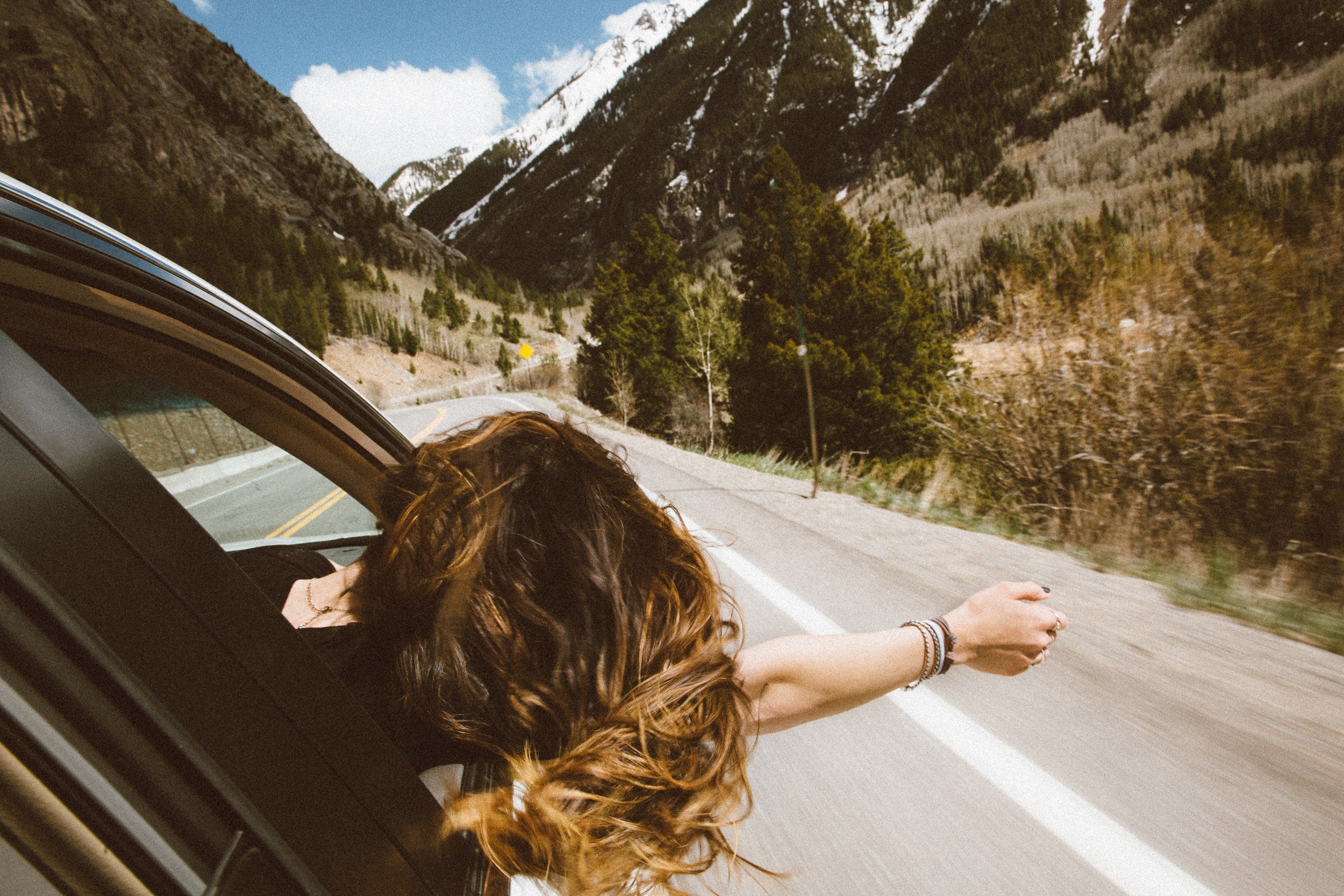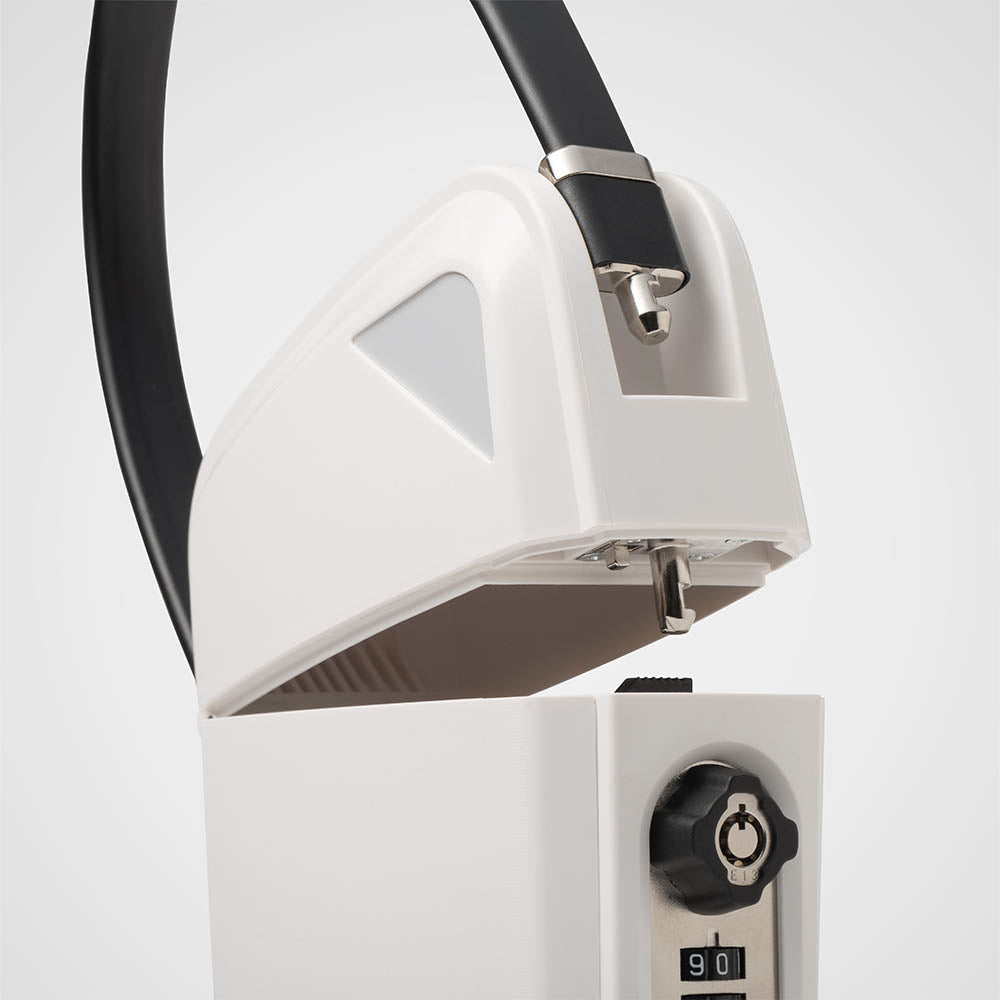
How To Take a Road Trip Safely and Responsibly
If your family is like many, you have been cooped up for months, trying to do your part to slow the spread of COVID-19. A family road trip might be just the thing you need to lift everyone's spirits. However, because travel can raise your risk of spreading or contracting COVID-19, it is important to do so safely and responsibly.
CDC Recommendation
The CDC recommends staying home and postponing travel as the most effective way to avoid transmitting or contracting coronavirus. However, if you are thinking about traveling, there are several factors you should consider.
Mode of Transportation
Traveling by car with just the people you live with is much safer than traveling by public transportation. If your current vehicle isn't road trip ready, many lenders are currently offering competitive auto loan rates you could take advantage of.
Risk
If you or someone you are in close contact with is in a high-risk group, consider postponing travel. If you do travel, be sure to quarantine yourself 14 days before and 14 days after traveling.
Trends
The more cases there are in a community, the higher the risk of becoming infected. Check the number of cases in the last seven days for any destination you are considering. If cases are high, consider a different destination. Additionally, check public health department pages for information on the number of cases in area hospitals.
Travel Restrictions
If your home or the destination you are traveling to has a shelter in place order, or other travel restrictions, you may not be able to travel without violating the law. Be sure to check state and local restrictions before you travel.
Your Family's Exposure
If anyone in your family has participated in a high-risk activity in the past 14 days, such as attending a large social gathering, sporting event, crowded restaurant, airport or using public transportation, you should postpone travel. Wait at least 14 days from the date of the exposure.
Who You Are Traveling With
Traveling with people you don't live with increases your exposure risk. Leave the neighbor kids at home and make this trip immediate family only.
Get Your Flu Shot
Everyone is focused on COVID-19, but the seasonal flu hasn't gone away. Make sure everyone in your traveling party gets their flu shot before you leave.
Stock Up on Supplies
With many stores having difficulty keeping items in stock, you can't count on being able to find what you need on the road. Pack enough masks, hand sanitizer and other supplies for your entire trip.
Don't Travel If Anyone Is Sick
Even if you think the illness is not contagious, do not travel if anyone in your family is sick. Not everyone gets the same symptoms with COVID-19, so do not try to self-diagnose.
Wear a Mask
Whenever you or your family members are around the public, you should all wear masks that cover your mouth and nose, except for children under the age of two. If a member of your family can not wear a mask, consider postponing travel.
Avoid Close Contact
Try to maintain at least six feet of distance between yourself and anyone who is not a member of your travel group. Avoid crowded destinations where social distancing is not possible. Consider getting takeout instead of dining in. Limit your stops.
Wash Your Hands
Any time you make a stop to get food, use the restroom, shop or other activity that brings you in contact with frequently touched surfaces, wash your hands for 20 seconds or longer with water and soap or use a hand sanitizer with an alcohol content of 60% or greater. Do not touch your mouth, nose or eyes.
Traveling will increase your chances of contracting or transmitting COVID-19. However, there are steps you can take to reduce your risk. Be sure to follow all of the guidelines to make your trip as safe and responsible as possible.




